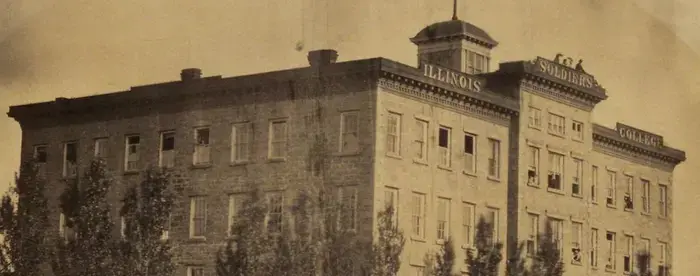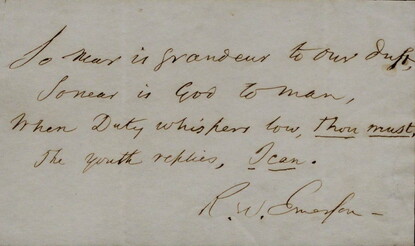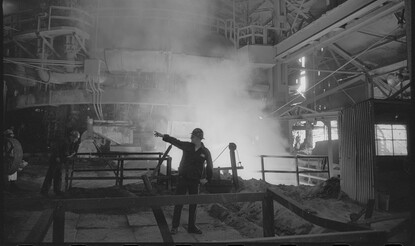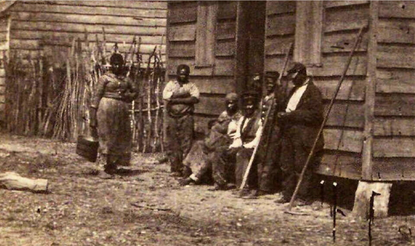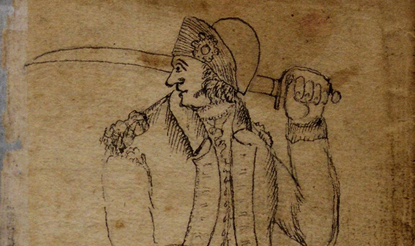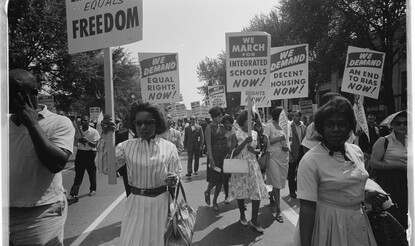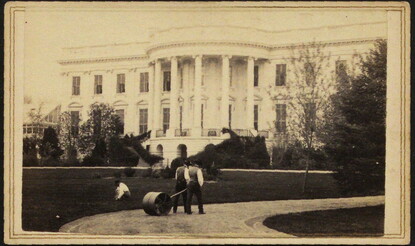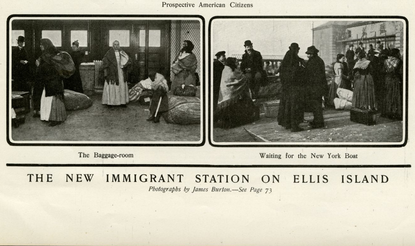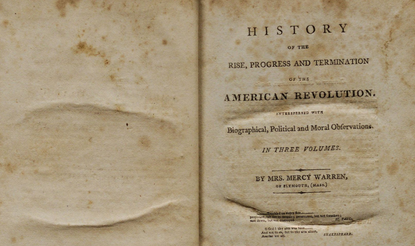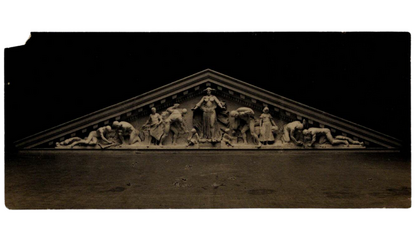MA students can choose from a wide variety of courses each semester. Browse courses below to watch lecture previews, meet your professors, and see course details. Courses for the upcoming semester will appear shortly before registration opens.
Upcoming Spring Semester Dates
- Course Registration Begins: Monday, November 24, 2025
- Applications End: Thursday, January 22, 2026
- Courses Start: Thursday, February 5, 2026
- Course Registration Ends: Wednesday, February 11, 2026
Image: Photograph of Illinois Soldiers College, Fulton, Illinois, 1866 (The Gilder Lehrman Institute, GLC05111.01.0010)
